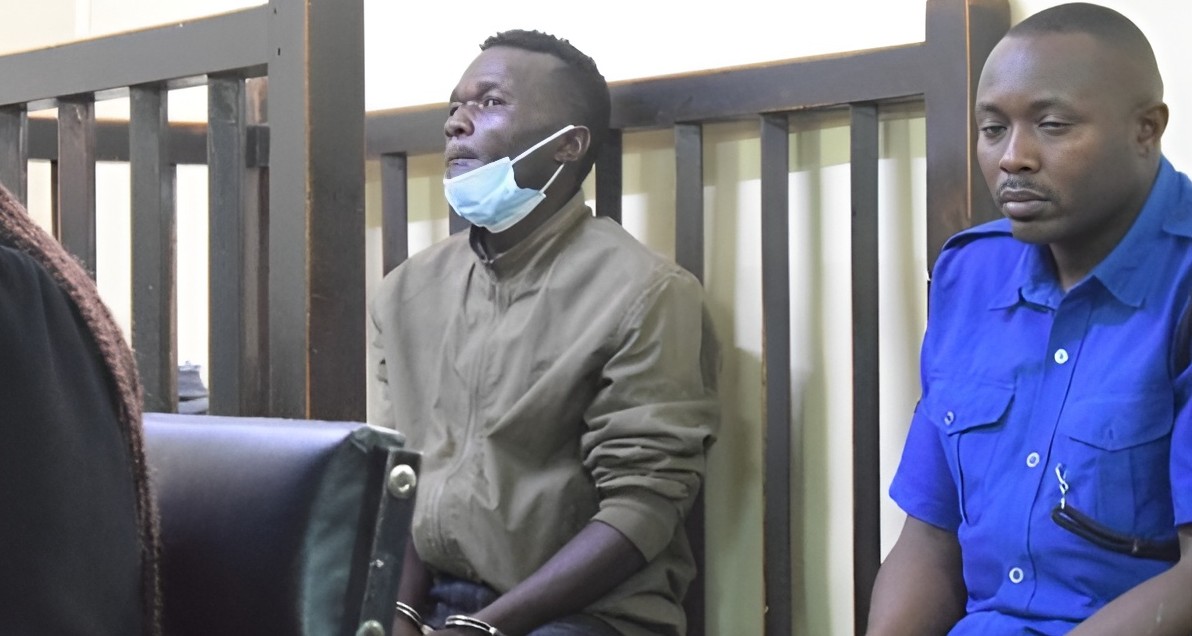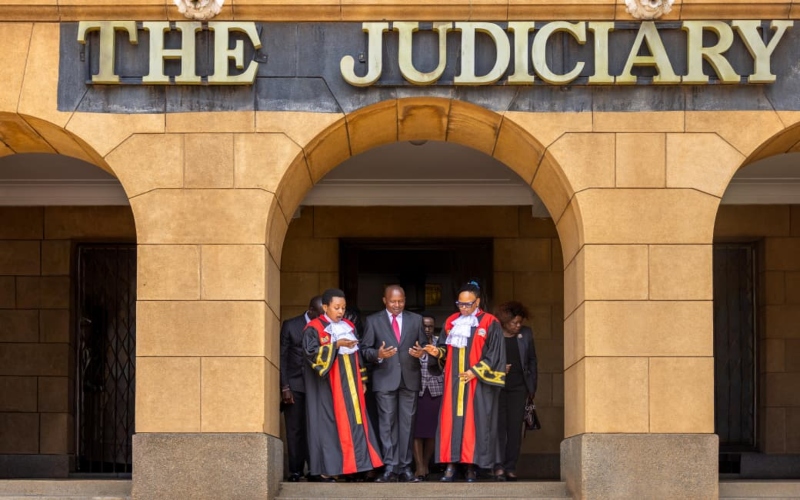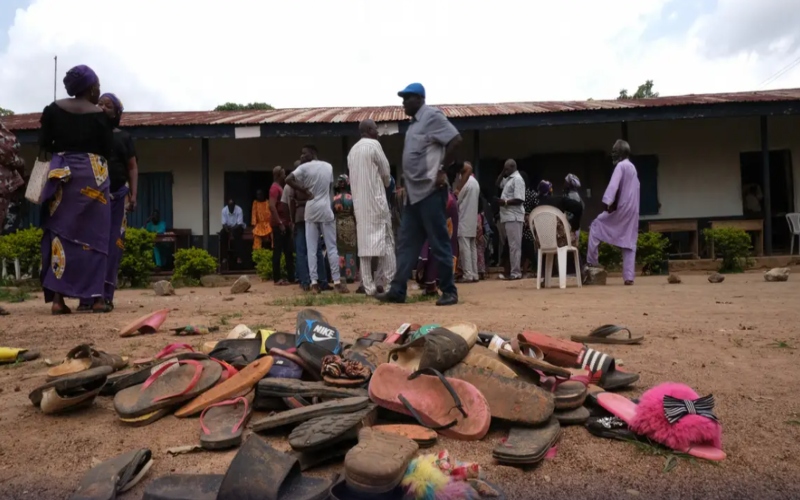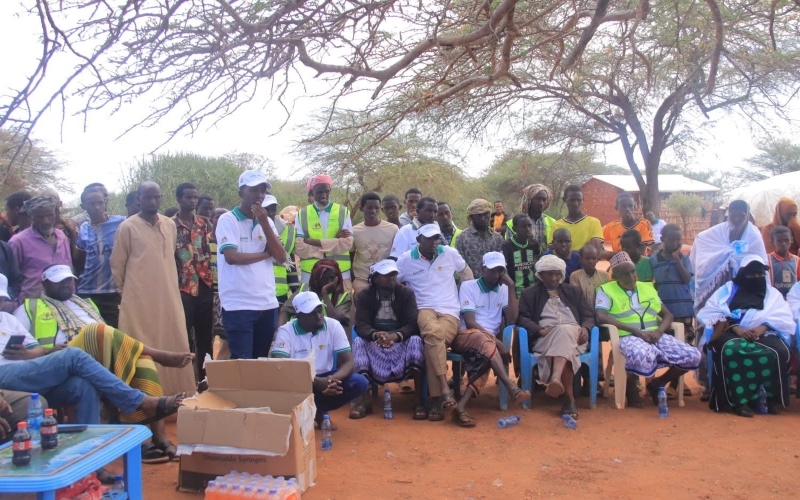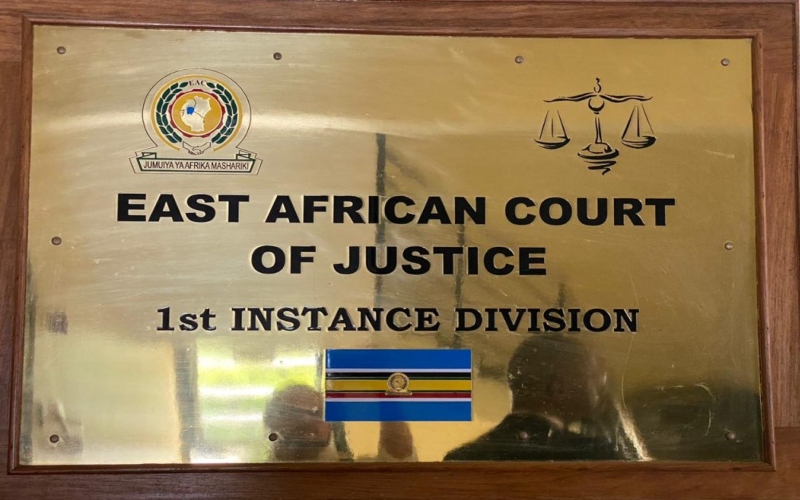KEPSA calls on Parliament to enact reforms to stabilise public universities after 49-day lecturers’ strike

The private sector is urging universities to explore innovative funding approaches, including endowment funds and public–private partnerships (PPPs) to support infrastructure development and operations.
The Kenya Private Sector Alliance (KEPSA) has outlined a set of reforms it wants Parliament to implement to improve performance and stability in public universities.
The proposals were discussed at a Mombasa retreat that gathers National Assembly Speaker Moses Wetang’ula, private sector leaders, and all parliamentary committee chairs.
More To Read
- Governance Committee orders mandatory audit attendance for university heads
- Private universities demand Sh58.8 billion in unpaid tuition fees from government
- IEBC urges Parliament to fast-track election reforms for fairness and speed
- Koitaleel, Maasai Mara universities under fire over missing records, unapproved payments
- Wetang’ula decries 'disruptive' conservatory orders, urges judicial restraint
- Govt announces measures to resume learning in universities after 49-day lecturers' strike
The Friday meeting aims to review policies, address pressing industry challenges, and identify strategies to support economic growth.
KEPSA’s recommendations focus on enhancing student financing, improving governance, and boosting research output.
The proposals come shortly after a 49-day lecturers’ strike disrupted the academic calendar, highlighting the fragility of the current system.
A major area of concern is the financing of higher education. The alliance is calling on MPs to amend the Higher Education Loans Board (Helb) Act to create a sustainable system that incorporates grants, work-study programmes, and income-based loans to expand access and reduce defaults.
They also propose the establishment of a Higher Education Fund, financed by government, industry, and alumni contributions, to provide universities with stable long-term resources.
The private sector is urging universities to explore innovative funding approaches, including endowment funds and public–private partnerships (PPPs) to support infrastructure development and operations.
On governance, KEPSA recommends changes to the Universities Act (2012) to clarify the responsibilities of the Commission for University Education (CUE), the Technical and Vocational Education and Training Authority (TVETA), and the Ministry of Education.
This would eliminate overlapping roles and improve regulatory efficiency.
The alliance also wants leadership positions, such as university councils and vice chancellors, to be filled through transparent, merit-based processes to reduce political interference.
KEPSA is pressing Parliament to strengthen its oversight of universities by monitoring financial management, procurement, and infrastructure projects.
They also propose dedicating at least one per cent of GDP to university research over the medium term, moving toward Vision 2030 goals. Policies that promote research commercialisation and protect intellectual property are also recommended to ensure innovations contribute to economic development.
The alliance highlighted the financial struggles of public universities, which face debts exceeding Sh60 billion for salaries, pensions, and statutory contributions.
“Kenya’s higher education system faces systemic challenges, including financial distress, declining quality, and governance inefficiencies. Addressing these issues is critical to unlocking the full potential of education for inclusive growth and aligning with national goals such as Vision 2030,” the document reads.
These recommendations follow warnings from the Higher Education Loans Board in July that underfunding threatens many students’ ability to access loans, putting the future of higher education at risk.
Top Stories Today
